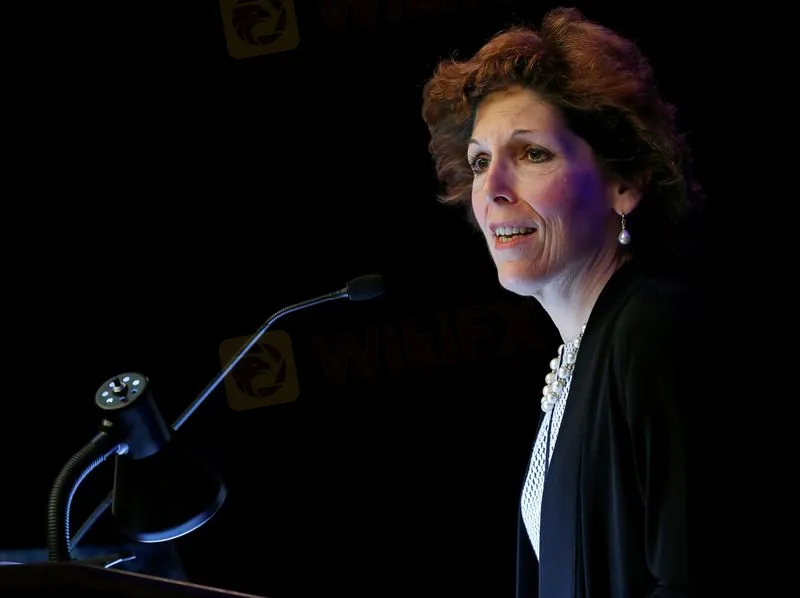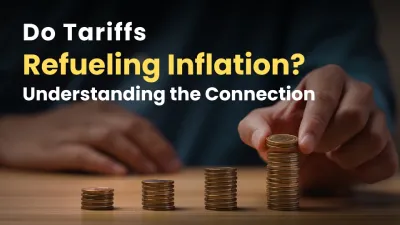简体中文
繁體中文
English
Pусский
日本語
ภาษาไทย
Tiếng Việt
Bahasa Indonesia
Español
हिन्दी
Filippiiniläinen
Français
Deutsch
Português
Türkçe
한국어
العربية
Fed's Mester wants 'methodical' rate hikes, not giant ones
Abstract:Mester pushed back against market expectations that the Fed will use outsized hikes to help bring down inflation.

Cleveland Federal Reserve Bank President Loretta Mester on Friday pushed back against market expectations that the Fed will use outsized hikes to help bring down inflation, saying she prefers a more“methodical” approach.
“I would support at this point, given where the economy is, a 50 basis point rise in May and a few more to get to that 2.5 percentish level by the end of the year,” Mester said on CBNC, referring to the level of borrowing costs she believes would be “neutral” for economic activity. At that point, she said, the Fed could assess the state of the economy and inflation, and either pause rate hikes or make further increases.
Asked if she would support a 75 basis point rate hike, she said: “You don't need to go there at this point.” Please download WikiFX for more forex news.
Traders on Friday were pricing in two such rate hikes following a half-point hike in May, a day after Fed Chair Jerome Powell signaled he would be open to “front-end loading” the U.S. central bank's retreat from super-easy monetary policy.
“Doing one outsized move in the funds rate doesn't really appear to me to be the right way to go,” Mester said. “I would rather be more deliberative and more consistent in bringing up the funds rate.”
Her remarks are likely to be the last public commentary from any Fed policymaker before they next meet, on May 3-4.
Disclaimer:
The views in this article only represent the author's personal views, and do not constitute investment advice on this platform. This platform does not guarantee the accuracy, completeness and timeliness of the information in the article, and will not be liable for any loss caused by the use of or reliance on the information in the article.
Read more

Why Fed Keeps Interest Rates Unchanged, How Does It Affect To Forex Market?
Fed keeps interest rates at 4.25%–4.50%, impacting forex market. Dollar may rise as tariffs loom. Explore why rates unchanged and forex effects.

Do Tariffs Refueling Inflation? Understanding the Connection
Investigate how tariffs impact inflation. Learn how trade barriers influence prices and the broader economic landscape.

Will Trump's Trade Policies Fuel Inflation? BlackRock Warns of Economic Risks
Bitcoin and crypto prices plummet as recession fears and inflation warnings shake markets. Experts warn of prolonged economic challenges ahead.

How Will Central Bank Digital Currencies Could Shape Everything?
Central bank digital currencies (CBDCs) could reshape financial stability, addressing inflation, banking risks, and monetary policy challenges.
WikiFX Broker
Latest News
Exposing the Top 5 Scam Brokers of March 2025: A Closer Look by WikiFX
Gold Prices Climb Again – Have Investors Seized the Opportunity?
Webull Launches SMSF Investment Platform with Zero Fees
Australian Regulator Warns of Money Laundering and Fraud Risks in Crypto ATMs
The Withdrawal Trap: How Scam Brokers Lure Victims into Paying More
FCA to Investors: Think Twice Before Trusting These Brokers
Trump\s tariffs: How could they affect the UK and your money
Trump gambles it all on global tariffs he\s wanted for decades
TradingView Brings Live Market Charts to Telegram Users with New Mini App
HTFX Spreads Joy During Eid Charity Event in Jakarta
Currency Calculator







